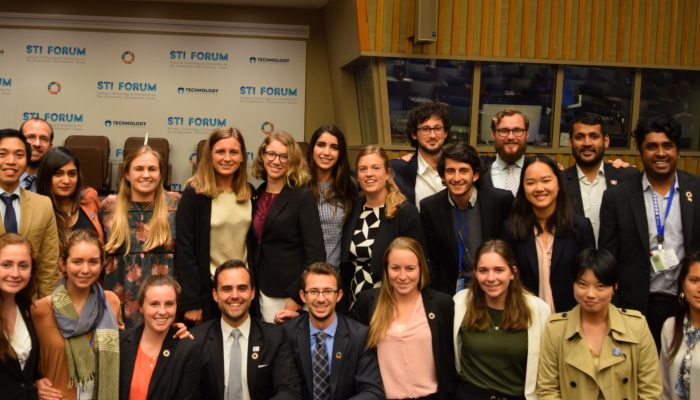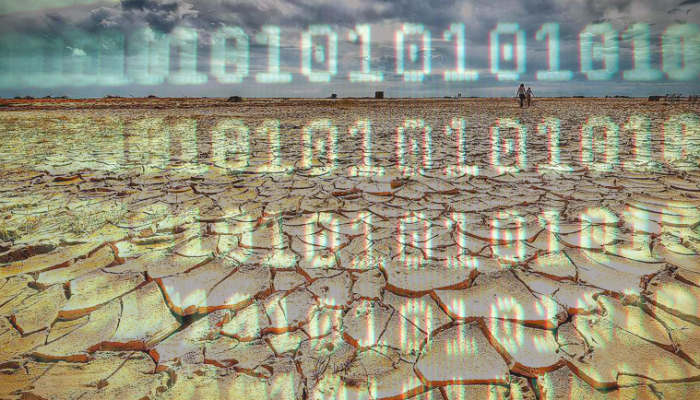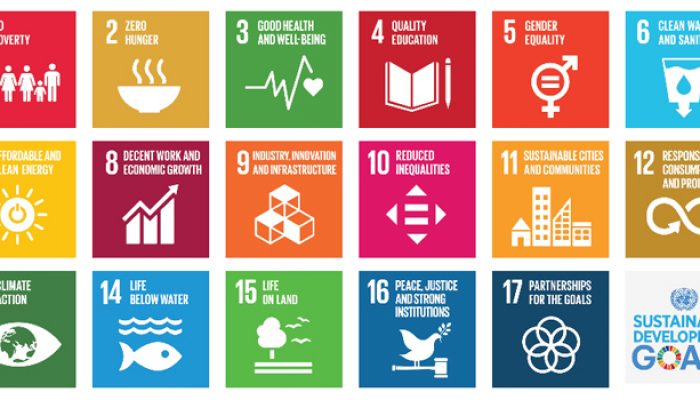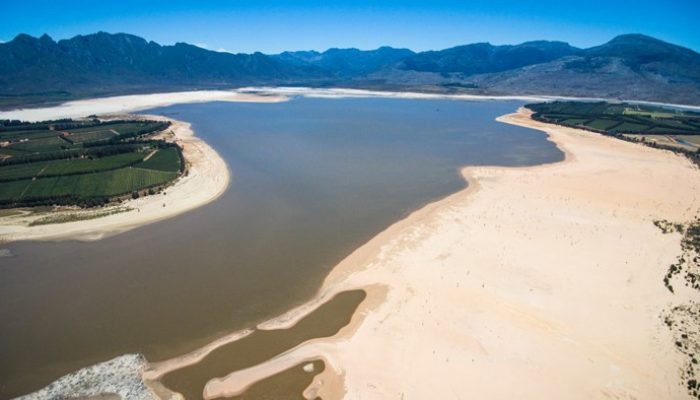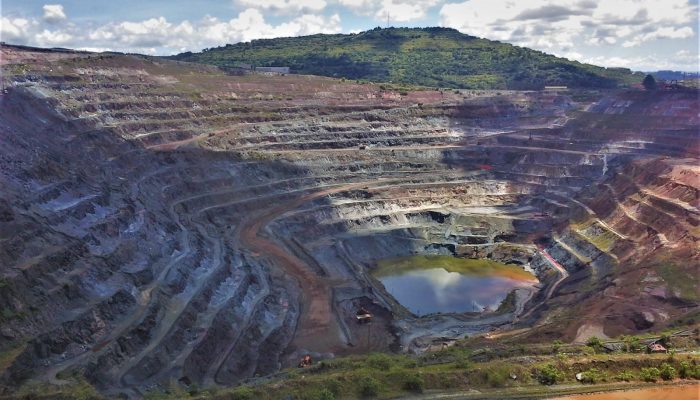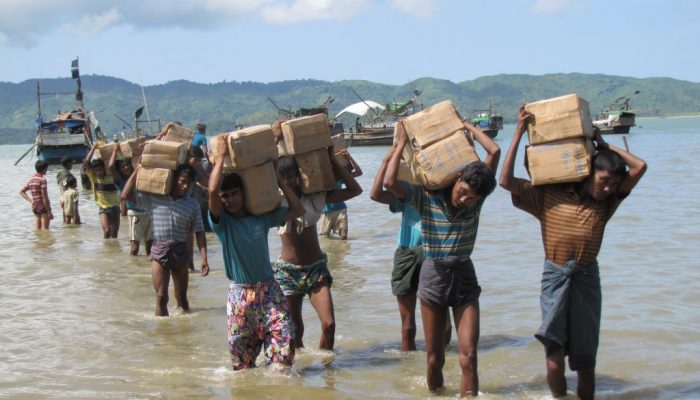Last month GfGD Director, Dr Joel Gill, attended the UN Annual Forum on Science, Technology and Innovation for the Sustainable Development Goals (SDGs). With few other, if any, geoscience organisations in attendance we believed it to be important for Geology for Global Development to engage and ensure a voice for geoscience at this significant event. **Event Overview** UN General Assembly resolut ...[Read More]
Geology for Global Development
What is happening after the Fuego eruption in Guatemala? Is climate migration a bad thing? This and more in Jesse Zondervan’s June 2018 #GfGDpicks #SciComm
Each month, Jesse Zondervan picks his favourite posts from geoscience and development blogs/news which cover the geology for global development interest. Here’s a round-up of Jesse’s selections for the last month: Everything about the Fuego eruption At the start of this month, Guatemala’s Fuego volcano erupted explosively, costing many lives and destroying properties and infrastructure. Professor ...[Read More]
WaterUnderground
How can we make hydrogeology free from plagiarism? Reflections five years after a documented case of plagiarism in the hydrologic sciences
Tom Gleeson and Matt Currell (just to be clear about our sources…header image from http://iditis.blogspot.ca/2006/03/plagiarism-lesson-learned.html) Plagiarism is a clear contradiction of scientific values and practice. Although no universal definition of plagiarism exists, a useful working definition is the wrongful appropriation, stealing and publication of another author’s language, ...[Read More]
Geology for Global Development
New mining frontiers: Digging into the unknown
While climate change occupies the headlines as our biggest long-term concern for sustainability, there may well be further anthropogenic challenges that arise in the next century as we disrupt the delicate interplay of natural ecological and geological cycles to satisfy the need for resources of our ever-growing population. The mining industry makes for a pertinent example: it sits on the verge o ...[Read More]
WaterUnderground
Data drought or data flood?
Post by Anne Van Loon, Lecturer in Physical Geography (Water sciences) at the University of Birmingham, in the United Kingdom. __________________________________________________ The basis for (almost) all scientific work, at least in the earth and environmental sciences, is DATA. We all need data to search for the answers to our questions. There are a number of options to get hold of data; we can ...[Read More]
Geology for Global Development
Demonstrating the Importance of Geoscience in the Transformation Towards Sustainable and Resilient Societies
Next week the UN Annual Forum on Science, Technology and Innovation for the Sustainable Development Goals (SDGs) will discuss the science required for “transformation towards sustainable and resilient societies”. Discussions will focus on SDGs 6 (water and sanitation), 7 (energy), 11 (sustainable cities), 12 (responsible consumption and production) and 15 (life on land). This forum will bring to ...[Read More]
VolcanicDegassing
Why does it always rain (ash) on me?
On May 1st, 1812, a remarkable weather system reached Barbados. ‘At half-past twelve AM a heavy dark cloud obscured the heavens completely. [..] at half past one a sandy grit began to fall in small quantities‘. Through the night there was the sound of explosions and thunder, and by late afternoon, Barbados had been blanketed in several centimetres depth of ash. The origin of the ̵ ...[Read More]
WaterUnderground
Socio-hydrology meets Broadway: Can we survive drought if we stop using the toilet?
Post by Samuel Zipper, postdoctoral fellow at both McGill University and the University of Victoria, in Canada. You can follow Sam on Twitter at @ZipperSam. ___________________________________________________________ How can society best cope with water scarcity? With Cape Town on the verge of being the first major city to run out of water (a topic for a future post here on Water Underground), thi ...[Read More]
Geology for Global Development
Circular economy of metals and responsible mining
In today’s post, Bárbara Zambelli, considers how we can transition business models towards a more sustainable way of living, manufacturing and consuming. As I mentioned before in my post about Urban Geology and Underground Urbanisation, according to the UN report, the current world population of 7.6 billion is expected to reach 8.6 billion in 2030 and 9.8 billion in 2050. In addition, the pe ...[Read More]
Geology for Global Development
Climate migration needs to be predicted and planned now. Geoengineering can slow down sea level rise but could also lead to international conflicts. CO2 as a natural resource. All in Jesse Zondervan’s Mar 8 – Apr 4 2018
Each month, Jesse Zondervan picks his favourite posts from geoscience and development blogs/news which cover the geology for global development interest. Here’s a round-up of Jesse’s selections for the last month: Imagine 140 million people across sub-Saharan Africa, south Asia and Latin America migrating in response to climate change effect, by 2050. This is what a recent World Bank report claims ...[Read More]

